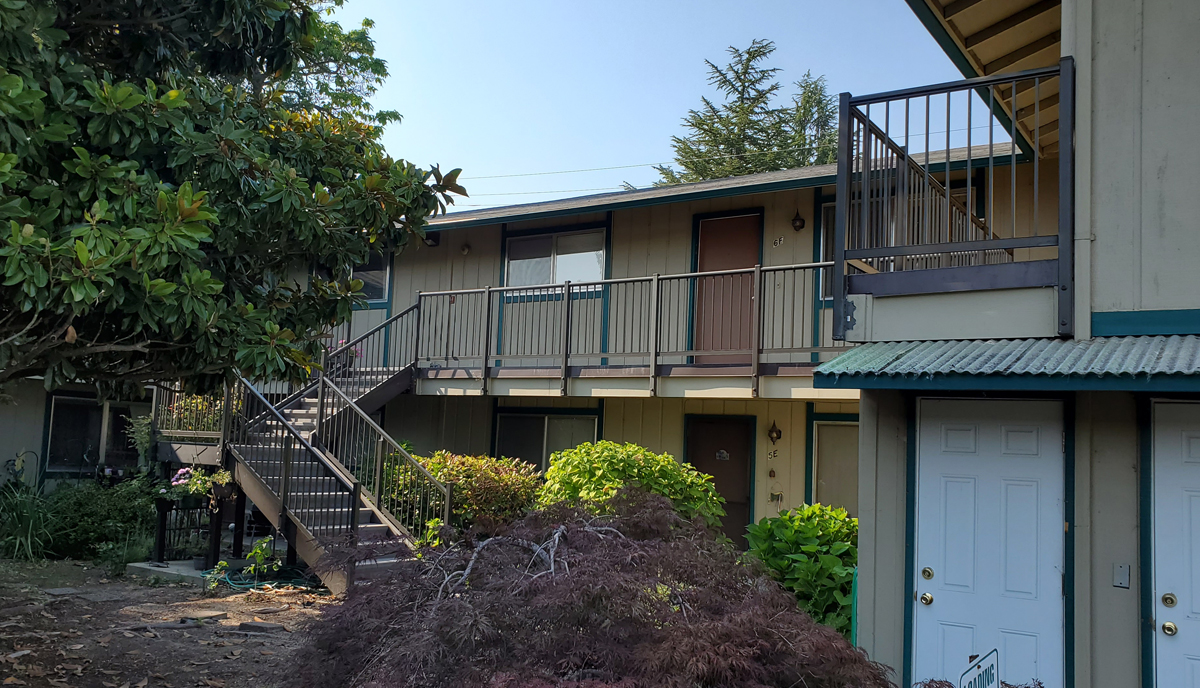(Today I am flying to Los Angeles to teach/mentor at the PIMD Real Estate Conference happening this weekend. I hope to meet many of you in person during the conference and in my mastermind group at the event. If you won’t be there in person, this is your last chance to purchase access and enjoy the conference virtually. If you will be attending the conference in person and own a book I wrote, bring it with you, I would love to meet you and autograph your copy.)
Almost every time I’m encouraged to invest in syndications, instead of direct ownership of real estate investments, I find they don’t tell the real story. They overstate the difficulty of direct real estate ownership and understate the time involved in vetting their syndication. The comparison they stress is “Give us your money and we will take care of everything” vs. “Buy a rental property yourself and you have to do everything.” Walk the other way when you hear it presented in this manner because they are not telling you the truth.
The syndicator will hire a property manager to take care of everything as the syndicator does not plan to deal with tenants or toilets themselves. In order to make an accurate comparison, if the syndicator is going to hire a property manager, then the comparison should be with you buying the property yourself and hiring a property manager to take care of everything. When you buy your own property, you don’t need to pay the syndicator their cut of the pie, so you will end up with a lot more pie.
I have a property management company taking care of my 55 rental units, so my involvement is pretty close to the same amount of effort as I put into managing my IRA, which is darn close to zero. So, if the effort is almost identical between private ownership and a syndication, other factors must be looked at before making the decision between buying a syndication or owning your own rental property. Don’t be falling for their line about how much harder it will be if you don’t use a syndication. And run the other way if they start talking about their option being passive and direct ownership being active. They can both be passive.
Following are some of the reasons you want to own the property yourself and skip the syndications.
1: Owning your own rental property will yield long-term passive income.
If you want to build a portfolio of real estate that will produce passive income that takes care of you for the rest of your life, a syndication is not what you are looking for. Syndications are short-term investments. Syndicators are real estate flippers. Their intent is for the investment to go “full circle,” in 2-5 years. Thus in 2-5 years, you no longer own the investment.
Syndicators look for accredited investors to “loan” them the money they need to make their purchase. They make improvements to the property and raise the rent. Then when the property is spinning off good cash flow and has increased in value, and is just where you want it to be, they sell it. Why would any investor sell off their cash flowing golden goose? Because they are real estate flippers. The syndicator makes their big bucks when they flip the property and sell it for a profit. Once the property has been sold, the profit is allocated unequally, in the favor of the syndicator.
You spend time and effort finding and vetting a syndication, only to have them sell off the investment, so they can collect their profits, and leave you with a capital gains tax bill to pay (best case scenario). Then you must start over to find another place to invest your money. This perpetual reinvestment searching is not very passive.
If you had purchased a rental property yourself and let the property management company deal with any updates and rent raises, then when the property is doing well you get to let it ride and collect that nice cash flow for the rest of your life. Never needing to go through the process of replacing the investment again. Then in the future, when the tenants have paid off the mortgage, your cash flow sky rockets.
If your goal is long-term passive income, stay away from syndications. Once you own enough property to create cash flow in excess of your expenses, you will never need to spend time searching for another property to buy because you are taken care of for the rest of your life with an annually increasing income. It is not possible to reach this point with syndications; you will continually have to repeat the vetting and buying cycle until you die.
2: All the profits are yours when you own rental property yourself.
Syndicators need investors to finance their deals so they can make their profit. Had you cut out the syndicator and purchase a property on your own, all the profits are yours. Why share your profit if you don’t have to?
What does the syndicator do for their money?
-They find a property. You can use an investment savvy realtor to find a property for free.
-They bring together the investors. You can buy a smaller property that won’t need other investors.
-They hire a property manager to take care of the property and fix it up. You can get the same passive results with the same property management system they use.
-They take care of selling the property. You will not be foolish enough to sell your cash flowing golden goose, lose all future profits, and owe capital gains taxes.
Don’t give up a big chunk of the profits to a syndicator you don’t need, who will sell your cash flowing golden goose as soon as they are able to increase the value of the property.
3: Property owners have more tax benefits then syndication owners.
Property owners get all the same pass-through depreciation write-offs the syndication provides, as well as tax benefits the syndication will not provide.
If you decide to sell the property in the future, you can take advantage of doing a 1031 exchange and thus postpone any capital gains taxes.
If you are like me and don’t ever want to sell your cash flowing golden goose, then your children will inherit the property at a stepped-up basis. You will never pay any capital gains taxes on your real estate investments. If your kids sell, their capital gains taxes will be significantly lessened due to the step- up in basis. In fact, if they sell it the moment they inherit it, they will pay no capital gains taxes.
You also have the option to get more involved with the property and generate even more tax benefits, but that is another story.
4: Property you own has more liquidity.
When you own property, you have full control of the financing options. Anytime you want to harvest equity, you can refinance the property and use the money for another project. If you ever decide to do a cash out refi, you get all the cash and don’t have to split it with other partners. If you need money for something big, you can decide to sell the property and use the profits anytime you want. The syndication will be sold or refinanced when the syndicator chooses, not on your time schedule.
5: Property owners control the timing of big expenses.
Most big capital expenditures are not emergent, they can be scheduled. If you are the owner, you choose when to undertake major expenses. You control the purse strings. If you need extra cash flow for your daughter’s wedding this year, you can postpone giving the property management company permission to paint the building until next year, or the year after. A syndicator will not ask you before spending your cash flow, they will just do it. They don’t have the same goals as the investor, cash flow is not important to them, they are in it to quickly increase the selling price and sell quickly.
6: Long term property owners are not subject to market fluctuations.
Because syndications are flippers, they are very dependent on the state of the current real estate market. If the market doesn’t go up at the right time, or the bottom falls out, all their predictions go awry. That is why flippers are speculators. Investors (not speculators) who own their own property for the long haul are not concerned with the current market conditions.
If you plan to own a property for 50 years, it really doesn’t matter what the market is like when you buy the property. Just look back 50 years for your answer. Does it really matter if the $900,000 property you bought 50 years ago was purchase for $20,000 or $30,000? That purchase price was very relevant if you had planned to sell the property three years after you bought it, but was irrelevant if your plan was to pass the property on to your children.
If your plan is to make life long passive income with minimal future effort, plan on purchasing rental property yourself and handing the keys to a property management company. Syndications do not provide long-term passive income. They are a series of short term speculations.
If you need more information on direct ownership of real estate, pick up a copy of my book, The Doctors Guide to Real Estate Investing for Busy Professionals. In it I tell my story of how rental real estate has been taking care of all my financial needs for years and will do so for the rest of my life. Owning rental real estate made it possible for me to retire from medicine in my early 50s and travel the world. Direct real estate ownership does not have to tie you down.










Dr Fawcett,
Again, spot on! This is the best article I have read this week. More people like you should be talking about this in Medical blogs. I am concerned to some extent by the level of conflict of interest that may exist with these syndicator operators in the medical community. We can be seen as whales and It’s clearly an easy money grab for them when they flip. Regards.
Hernan,
Thanks for your kind words.